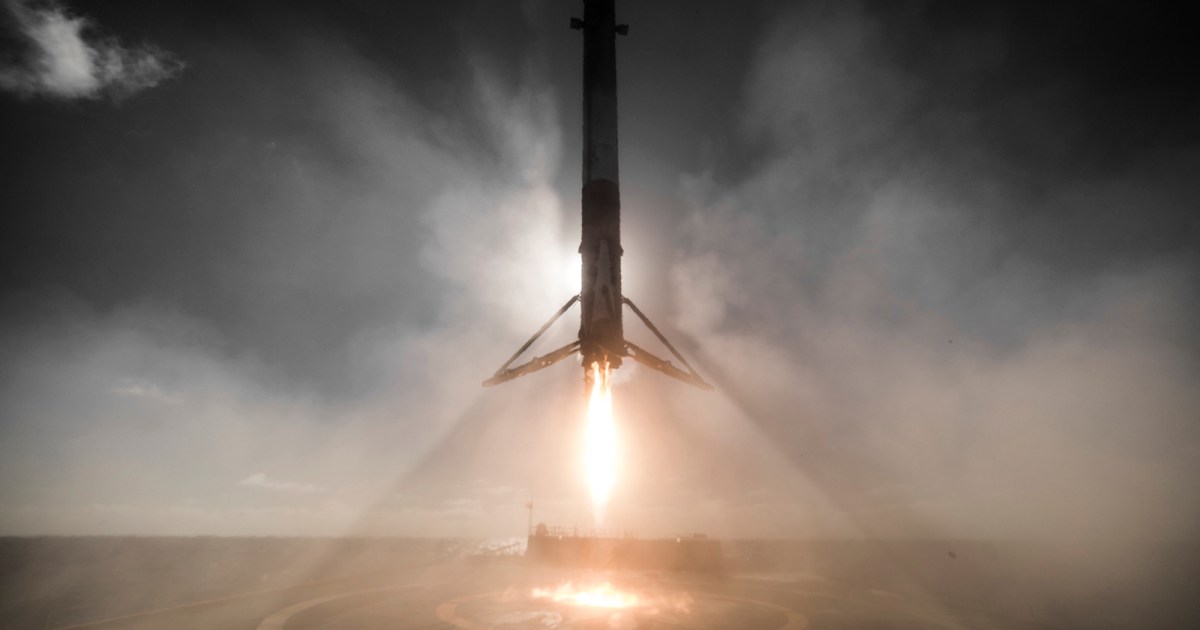SpaceX’s workhorse Falcon 9 rocket has been grounded by the Federal Aviation Administration (FAA) after one of the boosters toppled over and exploded shortly after landing at the end of a mission on Wednesday.
The FAA said it will carry out an inquiry into the incident, adding that the Falcon 9 shouldn’t fly again until it’s complete.
“A return to flight of the Falcon 9 booster rocket is based on the FAA determining that any system, process or procedure related to the anomaly does not affect public safety,” the FAA said in a widely reported statement.
The disruption to SpaceX’s flight schedule as a result of the FAA’s decision could mean that the highly anticipated Polaris Dawn mission — involving four non-professional astronauts flying the Crew Dragon spacecraft further from Earth than ever before and also the first commercial spacewalk — looks set to face another delay. The mission was supposed to lift off from the Kennedy Space Center on Tuesday but a ground-side issue forced SpaceX to delay launch by a day. But it ended up scrubbing Wednesday’s launch attempt, too, over concerns about poor weather conditions off the coast of Florida in five days’ time when the Crew Dragon was set to return home.
This is the second time that the FAA has grounded the Falcon 9 rocket in recent months. The last flight suspension occurred in July after a Falcon 9 second stage failed to properly relight during a Starlink mission. That time, SpaceX launches were halted for about two weeks.
Wednesday’s explosion
SpaceX’s Falcon 9 rocket had successfully launched another batch of Starlink internet satellites to orbit on Wednesday and the vehicle’s first stage was set to make a routine landing on a droneship off the coast of Florida about eight minutes after liftoff. But seconds after touching down, the booster toppled over and exploded.
The mishap came just minutes after the booster set a new record by becoming the first Falcon 9 first stage to complete 23 launches, meaning it had landed 22 times previously without any issue.
It was the first failed Falcon 9 landing since February 2021, and SpaceX will be as keen as the FAA to find out what went wrong.








